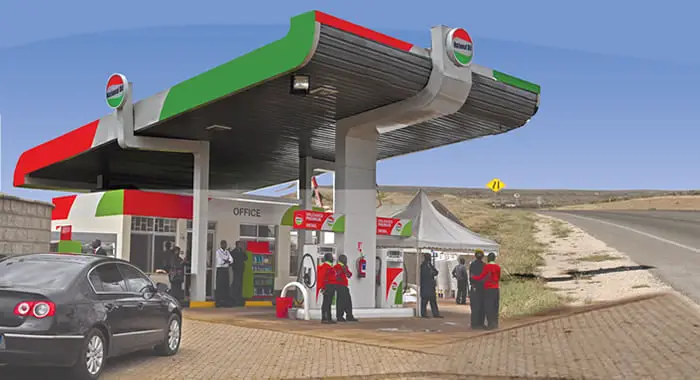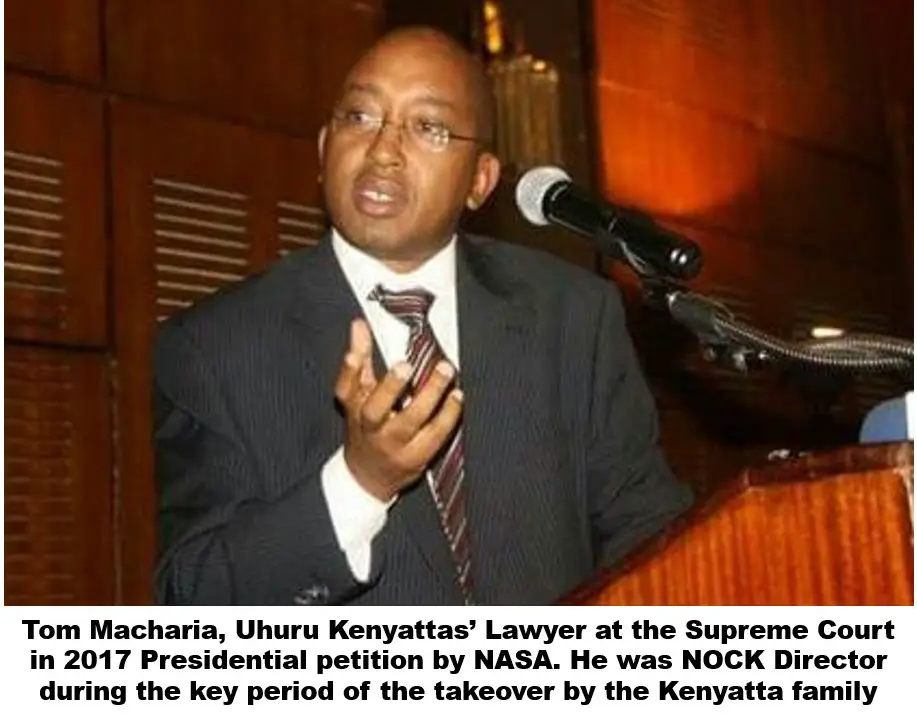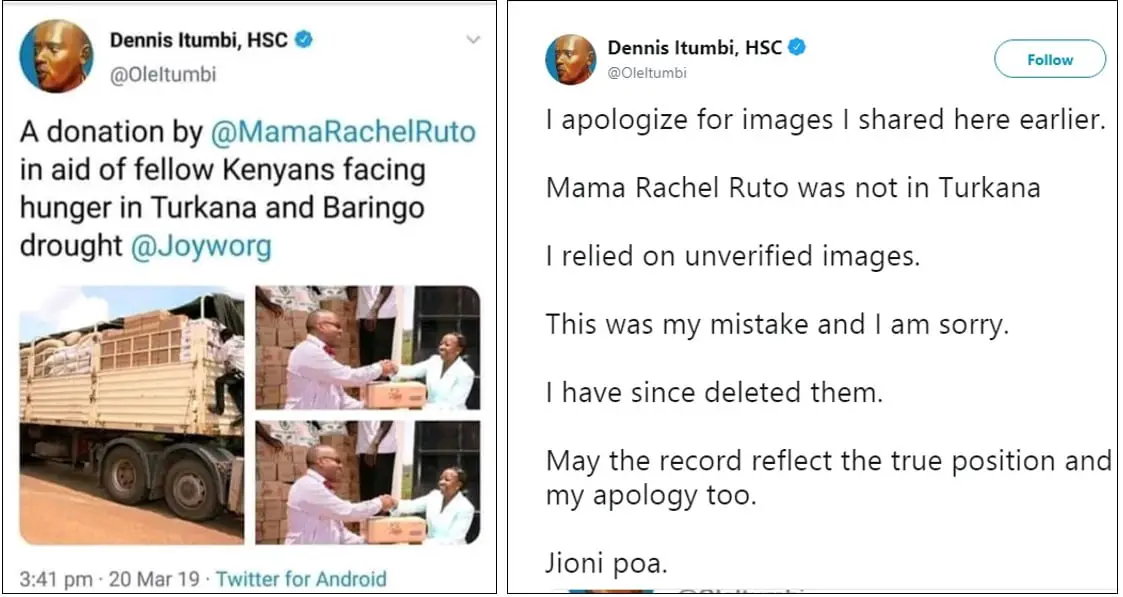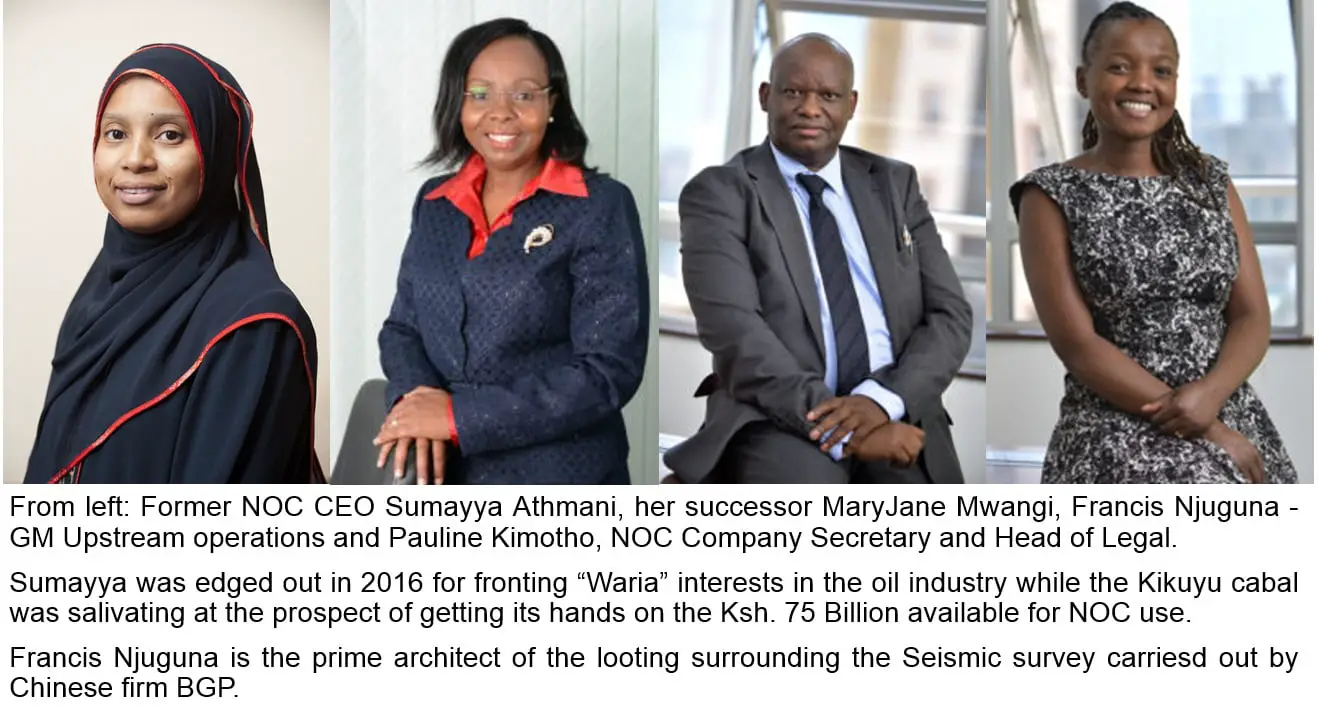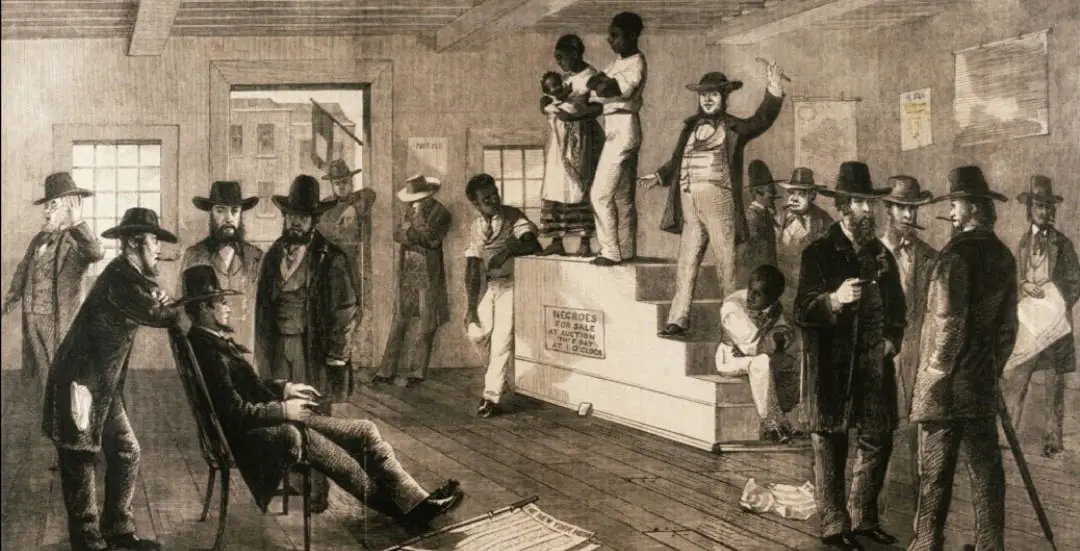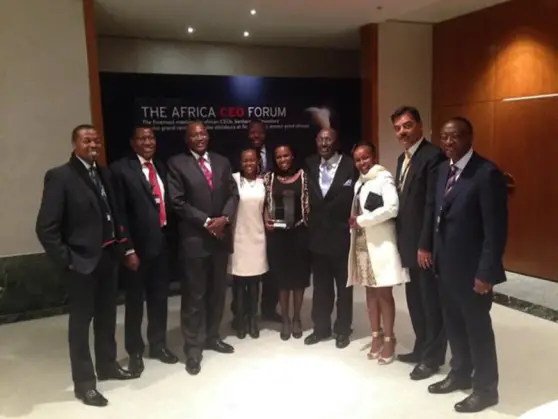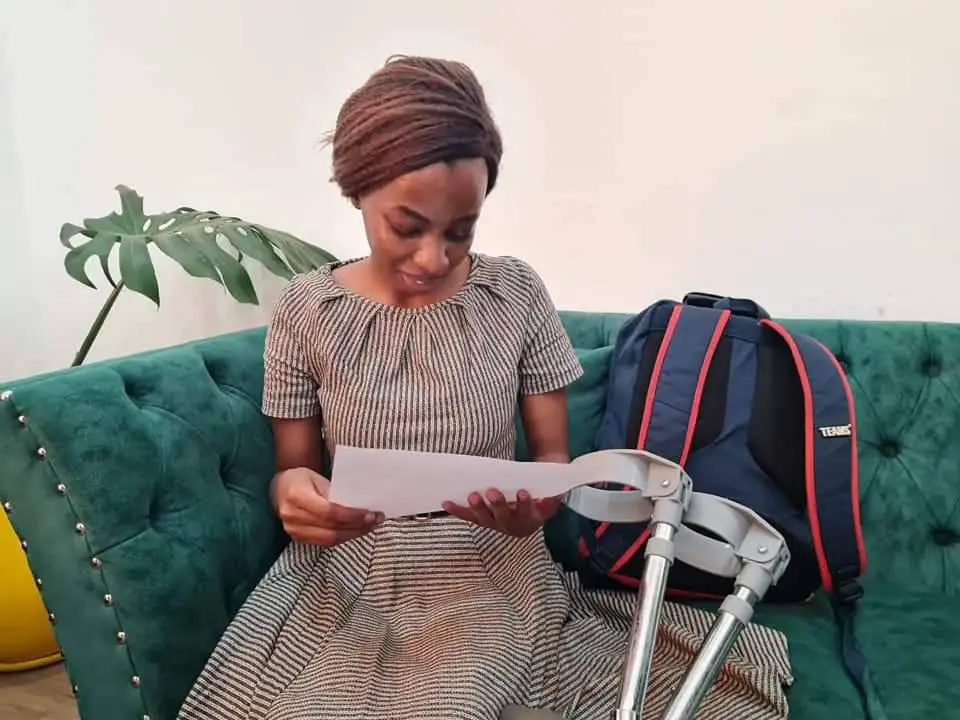In recent weeks we have learnt that the National Oil Corporation, a strategic parastatal under the Ministry of Energy (State department of Petroleum) utilizes any opportunity that comes its way to loot its coffers.
Its mandate is oil exploration, importation and sale of petroleum products in order to provide stability in the market.
It can therefore be assumed that NOCK creates the base rate by which ERC pegs petroleum prices for all other private firms.
Shockingly, despite the persistent low prices of oil globally, which have had significant economic impact on many oil producing countries like Venezuela and Nigeria, Kenya fuel prices remain artificially high at all times, and when consumer organizations raise concerns, we get token reductions.
How can NOCK be an honest broker in stabilizing the fuel market prices when there is consistent, state-sponsored and borderline maniacal looting of the company?
This looting is then passed onto the final consumers in the form of higher pump prices which by multiplier causes an artificial increase in the prices of ALL goods and services offered to Kenyans.
You don’t need to be David Ndii to understand this..
Unfortunately, through some kind of depraved, under-the-table agreement within the Ministry of Energy and Petroleum, the 2 oil-related and semi-autonomous State agencies (Kenya Pipeline Company and National Oil Corporation of Kenya) were shared out according to the major Jubillee Coalition tribal fault lines.
Kenya Pipeline Company became the bastion of the Kalenjin community while NOCK went unabashedly to the Kikuyu community.
The outcome has largely been the same with wanton looting at both institutions, buffered by taxpayer money. When the Kalenjin thugs started to outgrow their breeches and have delusions of the Kenyan Presidency, they have started being hounded with prosecutions in those organisations.
The Kikuyu thugs on the other hand, have been left to loot NOCK with reckless abandon, and with no danger at all of prosecution.
President Uhuru Kenyatta, the oft-inebriated CEO of Kenya, placed his closest childhood friends and cronies within the leadership of this organization to oversee the looting.
Every day, Uhuru does a little sabre-rattling against corruption in the media, he uses different pitches of his impressive voice to threaten action against the corrupt, occasionally blaming the judiciary…
In the evening, we picture him sitting with his wife Mama Margaret, sipping copius amounts of omnipresent liquor, watching himself on TV and remarking to her…” Maggie, how did I look?”…. “Did the fools buy it? Do they believe that we are going to come after the looters?” He would then laugh uproariously…
Who said that alcohol is not a mind altering substance?
It would appear therefore that everything that happens at NOCK is an opportunity for members of the Board and management to loot the organization with reckless abandon.
Take for instance our serialization of the various scandals happening in NOCK running into millions of dollars at a time.
In response, NOCK management appear to have authorized a PR fightback that took place in the course of last week but done in a childlike manner.
This is not what we expected from a strategic organization like NOCK, whom we thought would counter our facts with facts of their own.
NOCK seem to have hired the services of a “bonoko” PR firm because no self-respecting PR firm in the league of Gina Din or Ogilvy would associate itself to the tardiness witnessed.
A “bonoko” PR firm would also agree to be used as a conduit for money, in this case, the management would authorize an operation to counter Nyakundi (which is code for fighting the truth) and a budget of Ksh. 10 million be “tengwad”.. for this effort.
However, the rag-tag PR firm, often associated with Board or management members would do a really shitty job with screen shots being sent around to Board and management to reassure them that NOCK is making a concerted effort to fight back.
The efficacy of any online fightback or PR intervention is such that it does not raise more uncomfortable questions than were there previously, which is what has happened at NOCK.
Today, anybody with a cheap smartphone and a loose wifi connection can call themselves a blogger or social media influencer, shaping opinions of the Kenyan masses.
These jobs lost stature with the appearance on the scene of the likes of Dennis Itumbi and the 36 ghost bloggers for serious agencies like the Presidency.
Today, Itumbi is reeling from exposure of his disinformation, where he was caught red-handed, having placed a picture of Mama Rachel Ruto flagging off a convoy with relief food, a picture that is more than 5 years old.
His weak and half-hearted apologies and angry responses to questions have not convinced anyone.
Today we have heard from President Chief of Staff Nzioka Waita that the Presidents social media accounts have been taken down following a hack which seems to have successfully compromised the messaging on corruption.
Why won’t Uhuru Kenyatta see the nexus between his open dalliance with corruption and a lack of respect for meritocracy, with these issues following him all the way to State house, to bite him in the arse?
NOCK PR effort went ahead to create short-term Twitter accounts or paid their friends token amounts of money to attack Nyakundi, the most childishly amateurish manner.
They unsuccessfully attempted to rebut that NOCK is not a tribal hegemony when all evidence points to the contrary…
For instance, former CEO Summaya Hassan-Athmani was axed from the position because she refused to allow the tribal cabal on the board with their scheme to loot.
At the time, the NOCK Board comprised Daniel Wamahiu – chairman, Ms Sumayya – CEO, Andrew Kamau – PS National Treasury, Stanley Kamau – alternate to PS National Treasury and Timothy Mulaha – alternate to PS Energy & Petroleum.
Other board members included Ms Margaret Saitoti, Joseph Rotumoi, Kibuga Kariithi, Bernard Kitur Rono, Mr Samuel Gakunga, Tom Maina Macharia, Christine Mutinda and Peter Ngala Ekuleu
Nock had announced that it intended to construct a $500 million (Sh50 billion) offshore oil jetty, including large scale petroleum storage tanks, to stabilise fluctuating oil prices. After that announcement, Nock board members began to jostle for the contract, sparking off nasty boardroom wrangles, pitting the Kikuyu majority against the Kalenjin. The warring camps wanted pre-qualified contractors (of course, affiliated to them) awarded the job, while Ms Summaya wanted the process done through open tendering, owing to the amount of money involved, and the possibility that individual and tribal interests would override national ones. Board members saw a common stumbling block in Ms Summaya, and painted a large bull’s eye on her back.
To compound the problem, we told you the story of a Chinese company by the name BGP which was engaged to conduct Seismic survey for Oil and Gas between Baringo and Magadi, an area referred to as NOCK Block 14T.
Over and above the huge inflation and payments to this company through its accounts in Dubai, NOCK appears to have paid close to Ksh. 1 Billion in excess of the agreed contract value.

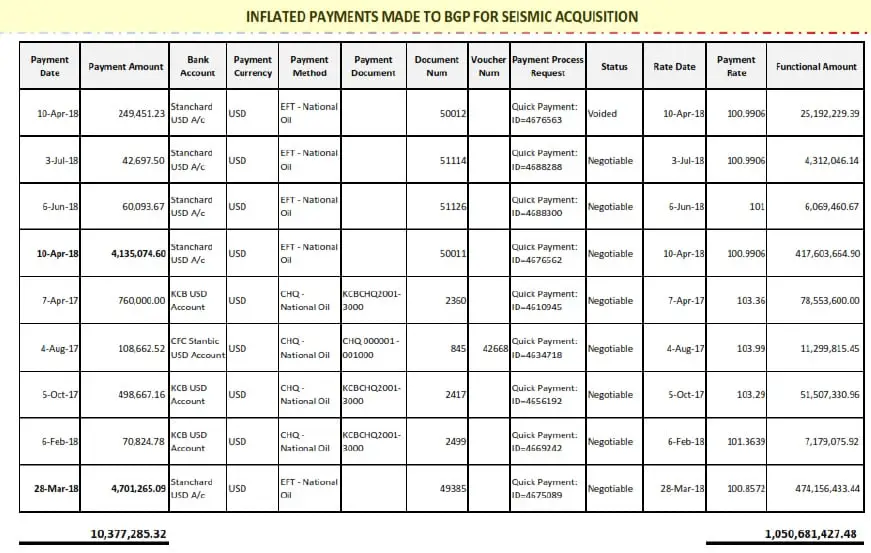 Caption: Contract amount to BGP for Ksh. 570m compared to the actual payments for over Ksh. 1.05 Billion
Caption: Contract amount to BGP for Ksh. 570m compared to the actual payments for over Ksh. 1.05 Billion
Worse, the report appeared to indicate that Kenya has viable Oil and Gas deposits in the zone. Remember always that NOCK is a highly strategic company for the interests of the people of Kenya, and it therefore holds close to 30% stake in all Oil and Gas exploration and production.
Within the tribal hegemony at the Energy Ministry and the NOCK Board, there has been hatched a plan to offload this 30% holding (which belongs to the people of Kenya) into private hands under the disguise of making it more “efficient”.
We keep reminding Kenyans that Uhuru Kenyatta wishes to privatize as many National assets as possible to himself or his proxies. It is the reason why Summaya and David Mamahiu had to exit and pave way for MaryJane Mwangi as CEO and Kibuga “Kibby” Kareithi as Chairman, to oversee this transition.
It was also the reason that Uhuru Kenyatta put the entire recommendation report on Parastatal reform, which had been put together by his own Isaac Awuondo, on the backburner, to get the opportunity to finish the job of privatizing this country.
Didn’t we see how Uhuru railroaded Mwende Gatabakis’ brilliant idea for a single, central database for all Kenyans, because it would afford Kenyans an opportunity to use various registered assets as collateral for loans.
Uhuru wanted to use the Credit Reference Burueaus and the Safaricom sim registrations as the opportunity to give Kenyans loans through M-Shwari and lately, Fuliza…
How judges were compromised to rule in favor of the Kenyatta-owned CBA in a case filed by COFEK still baffles, because the judges ruled that the percentage charged to clients monthly on these mobile loans was not interest, rather it was a service charge, which changed CBA from a bank into a formal shylock.
Remember, Uhuru Kenyatta and his family hates competition and now that they have the reins to this country, their intention is to suck it dry to the bone.
CBA was totally unable to grow its deposit base and compete against the likes of KCB and Equity, so it used its political muscle to cajole Safaricom into becoming a banker, and converting subscribers into account holders.
Remember also, the idea for M-Shwari had been mooted by K-Rep bank but it was brazenly stolen and handed over to CBA.
Another pertinent example, Brookside Dairy has virtually bought out all the competing milk processors in the country (Delamere, Tuzo, Buzeki, Daima…).
Now Uhuru wishes to use his Jubillee minions to pass the Milk Bill which would compel all milk producers to sell their milk exclusively to processors while criminalizing local milk vendors.
This will be where the Kenyatta family will figuratively remove their underwear and take a crap right in the mouths of Kenyans…
Back at NOCK, another reason for the quiet removal of Summaya as CEO was the proposed Strategic Oil Reserve that would have required in excess of Ksh. 115 Billion to set up.
For close to a decade, this matter had stalled because those on the board wanted the work to be sublet to their cronies and friends instead of a public-private partnership.
Three firms – Glencore Oil, Acadia Oil and Vitol were shortlisted and picked by NOCK on behalf of the government, and they were to be tasked with building a reserve of up to 90 days of the country’s consumption – -one billion litres of assorted products — depending on each firm’s available capacity.The reserve was to be filled when global prices are low.
We will expound on the statuses of the 3 projects in our next series of serializations and the roles of particular Directors in them.

































